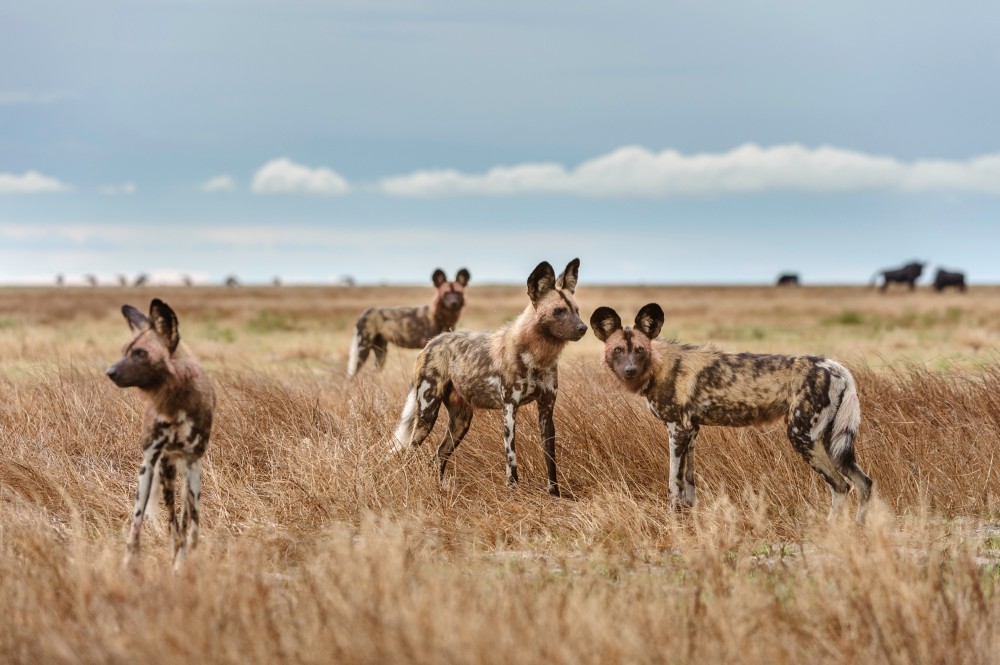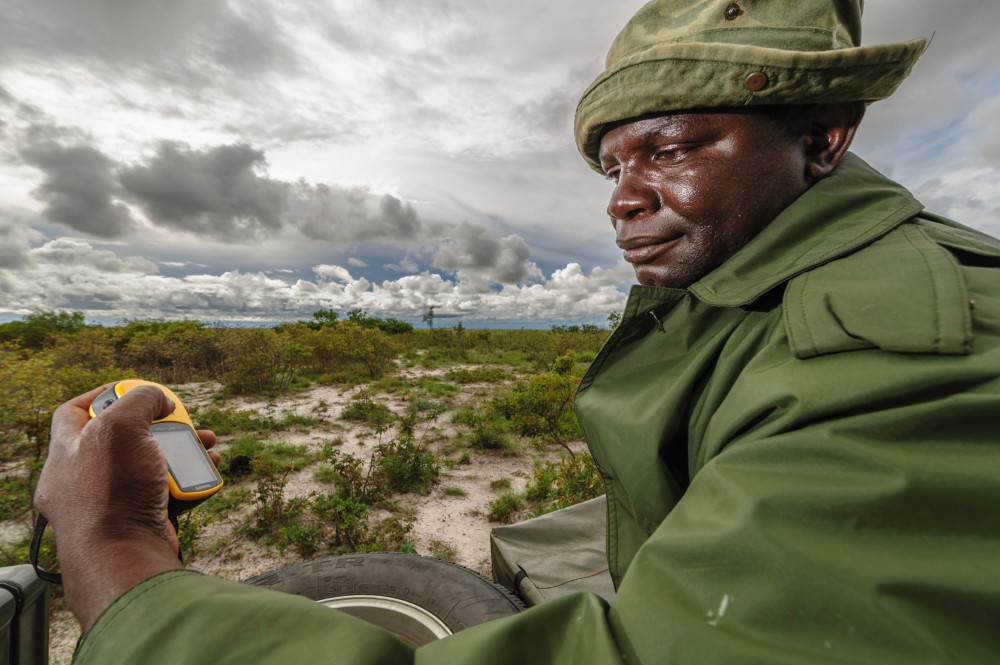When African Parks assumed management of the Liuwa Plain National Park, poaching was rife, and zebra and wildebeest populations were rapidly declining. But through the development of an effective conservation law enforcement team and close collaboration with community leaders, wildlife population numbers were stabilised and began to grow. Today, Liuwa hosts the second-largest wildebeest migration in Africa, is a stronghold for hyaena, cheetah, and lion, and provides a sanctuary for over 357 bird species. The extraordinarily diverse birdlife includes many rare and migratory species, and globally important populations of storks, cranes and other water birds.

Species Restorations
The 11 wild dog – eight males from South Africa and three females from Kafue translocated in 2021 – were released into the park in April 2022, after an extended bonding process in a split-compartment boma. The dogs immediately started moving as a pack after their release. In July, the pack began denning and five pups were born in August.
Monitoring and Surveys
The 2022 annual aerial survey showed a healthy increase in wildebeest numbers to over 37,000, while zebra numbers remained stable. A red lechwe aerial survey counted 693 individuals. We remain committed to the protection of the small, but progressively recovering lion pride which has 16 members thanks to three litters born in 2022. In collaboration with the Zambian Carnivore Programme (ZCP), African Parks tracks each lion and closely monitors the development of the population.
There are currently 13 hyaena clans, with 38 cubs documented and a new clan of 12 individuals in the north of the park discovered. Three cheetah litters were born in 2022, of which the two cubs born in December survived and are thriving.

Conservation Law Enforcement
Liuwa Plain is an excellent example of how park management teams can work together with communities to reduce illegal activities, not only in terms of wildlife poaching and illegal fishing, but also in supporting security within the communities in and around the park.
However the impact of agriculture inside the park remains a challenge with the expansion of rice fields and deforestation to create space for farming. African Parks has investigated mechanisms to mitigate this threat by raising awareness and education around sustainable agriculture. A fisheries plan has led to the introduction of regulations and a traditional fishery permit system aimed at curbing the use of illegal nets and practices. Digital radios installed by African Parks in all the Induna and Community Resource Board (CRB) houses helped considerably in reporting human-wildlife conflict incidents in 2022.
